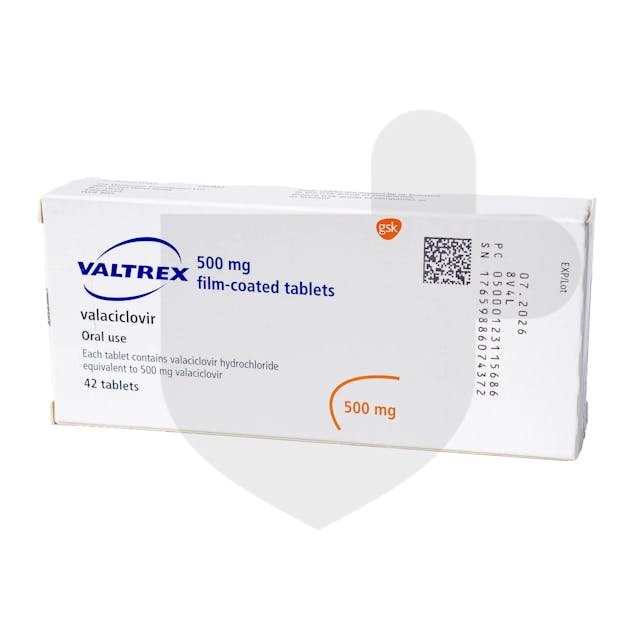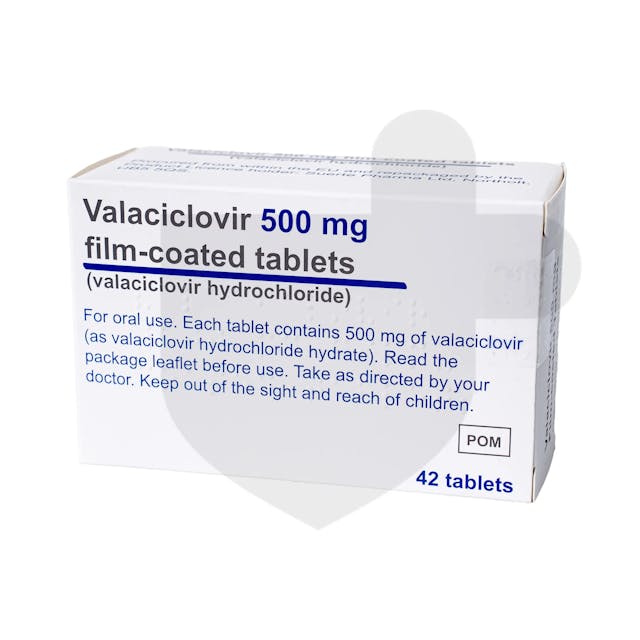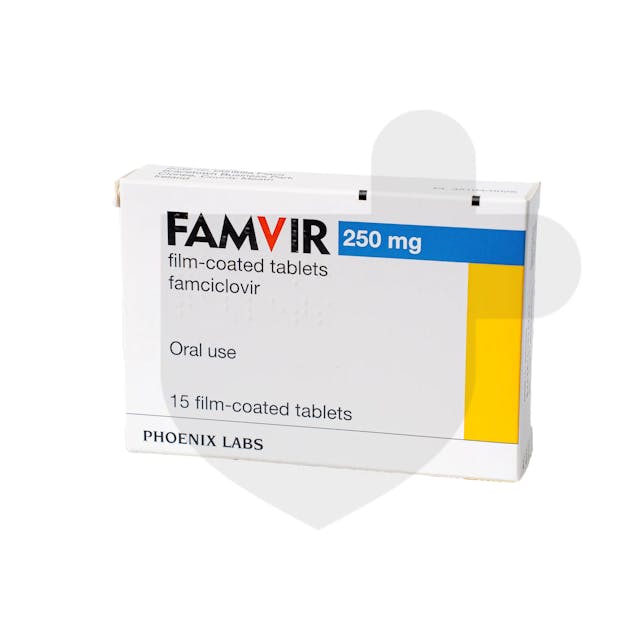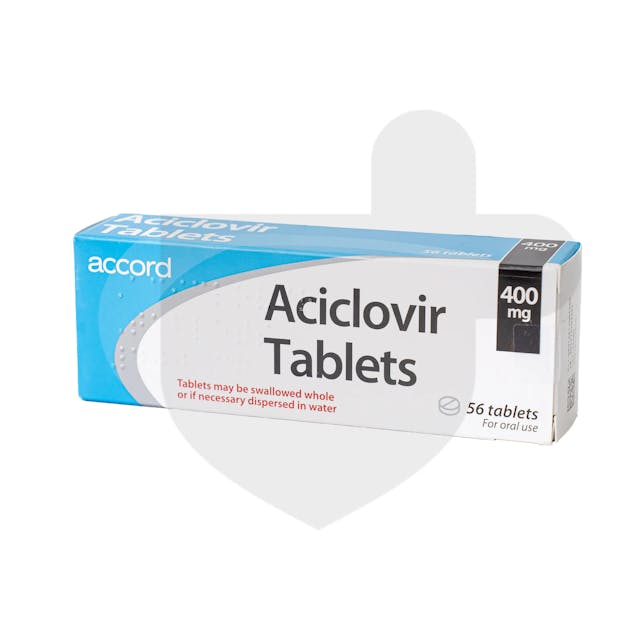Herpes Simplex Virus
Treatment & Medications
With NowPatient's private treatment plans you can treat Herpes Simplex Virus safely and easily in a few simple steps. Get started by selecting the available treatments you are interested in below or by hitting the start consultation button.
This content is intended for UK audiences only
Available treatments
Compare treatments
Get started with the right treatment for you
Treatments & Medications
delivery
service

Herpes Simplex Virus
Herpes simplex virus (HSV) is caused by HSV-1, which causes oral herpes infections, such as cold sores and fever blisters, and HSV-2 which causes genital herpes. Both HSV-1 infections and HSV-2 infections can cause oral or genital areas.
Here, we will take a closer look at the causes, symptoms, and how to prevent the transmission of the herpes simplex virus infection.
What is Genital Herpes?
Genital herpes is an STI (sexually transmitted infection) caused by the herpes simplex virus. The two types of herpes simplex virus are Herpes simplex virus type 1 (HSV-1) and Herpes simplex virus type 2 (HSV-2).
Transmission of Genital Herpes
Genital HSV is transmitted through physical contact from one person to another during sex. HSV-2 is spread through vaginal, anal, or oral sex with an infected person. However, HSV-1 can also be contracted through oral sex, leading to a genital herpes infection.
Genital herpes is highly contagious and can be contracted even when the infected person does not show signs or symptoms. The virus will enter your body through broken skin or through mucous membranes in the mouth or genital area. The risk of contracting the infection is still highest however during a herpes outbreak, when genital sores and lesions are visible.
Transmission of the virus occurs when you come into direct contact with herpes sores, saliva, or infected genital fluids. Skin-to-skin contact with the active infection can also lead to transmission.
To prevent the spread of genital herpes:
- Use condoms during sexual intercourse
- Use dental dams during oral sex
- Limit your number of sexual partners
- Avoid sexual activity during outbreaks
- Do not share lip balms, razors, or other utensils
Talk to your sexual partner(s), open communication is crucial when it comes to your sexual health. Regular screening is also essential to help detect an infection and prevent its spread.
Symptoms of Genital Herpes
Symptoms will vary from person to person. Some people may have mild symptoms or no symptoms at all, making it difficult to diagnose. Symptoms tend to be more severe during the first outbreak and may include:
- Pain or itching around the infected area
- Red bumps that blister around the genitals, anus, or mouth
- Blisters bursting causing painful ulcers and open sores
- Crusts forming over lesions
- Flu-like symptoms, such as headache, fever, body aches, and swollen lymph nodes. This is more common during the first outbreak
Recurrent outbreaks and prodromal symptoms
Symptoms tend to appear within a few days to a couple of weeks after first exposure, with further outbreaks being milder and of shorter duration when compared to the first episode. Some people may experience genital pain, tingling, or shooting pain in the legs, hips, or buttocks a few days or hours before an outbreak occurs. Speak to a healthcare provider if you think you have genital herpes or any other sexually transmitted infection.
Diagnosis of Herpes Simplex Virus
The diagnosis of herpes simplex virus is typically made through a physical examination and laboratory tests. Healthcare providers may perform viral culture, polymerase chain reaction (PCR), or blood tests to detect the presence of the virus or antibodies against it.
Treatment options for Genital Herpes
While there is no cure for genital herpes, various treatment options can help manage symptoms and reduce the frequency and severity of outbreaks, and lower the risk of transmission. Antiviral medicines, such as acyclovir, famciclovir, and valacyclovir, are commonly prescribed to individuals to alleviate symptoms and shorten the duration of recurrent outbreaks or severe symptoms.
Self-care can also help relieve the discomfort and pain during outbreaks.
- Keep the affected area clean and dry
- Wear loose-fitting clothing
- Avoiding irritants and scented products
- Use paracetamol, naproxen, or ibuprofen to relieve pain
- Use numbing cream containing benzocaine or lidocaine
Management and prevention strategies
You can reduce the risk of transmission using the tips below:
- Regular screening for STIs
- Maintaining good sexual health practices
- Communicating openly with your sexual partner
- Practicing safe sex
- Avoid sexual contact when herpes sores are visible
- Maintaining good personal hygiene
- Washing your hands regularly and not touching sores to prevent their spread
- Getting enough rest
- Eating a well-balanced diet
- Managing your stress levels
With proper management, you can control your symptoms allowing you to lead a healthy and fulfilling life.
Complications associated with Genital Herpes
Herpes simplex is not normally life-threatening, but it can lead to complications in anyone who has a weakened immune system. Potential complications include:
- Increased risk of transmitting or contracting other infectious diseases such as HIV
- Encephalitis or meningitis
- Risk of neonatal herpes during childbirth, if the baby is exposed to HSV, leading to serious health issues or death. Pregnant women should let their healthcare provider know if they have genital herpes to reduce the risk of transmission
- Inflammation and swelling of internal organs associated with sexual activity and urination
- Finger infections (herpetic whitlow), which can cause discoloration, swelling, and sores of the fingers
- Eye infections (herpes keratitis), resulting in pain, sores, blurred vision, and potentially blindness
Risk Factors for Herpes Simplex Virus
These factors include:
- Sexual contact without the use of a barrier, such as a condom or dental dam
- Multiple sex partners, increasing the risk of exposure
- Having STIs in the past, which have weakened the immune system
- Being sexually active from an early age
- Being from a low socioeconomic status, where you may have limited access to healthcare and education
Women, those with a history of STDs (sexually transmitted diseases), the elderly, and men who have sex with other men, have a higher risk of contracting genital herpes. People from these high-risk groups are encouraged to have open conversations with their healthcare providers about their risks and the preventive measures they should take.
Herpes Simplex Virus and other infections
The herpes simplex virus is part of the herpesviridae family, which also includes the varicella-zoster virus, which causes chickenpox and shingles.
Research in the treatment of Herpes
Research in the treatment of genital herpes aims to improve its management and prevention. Current research includes new antiviral medications, vaccines, and alternative therapies to improve the effectiveness of current treatments and develop a cure.
Conclusion
Genital herpes is caused by the herpes simplex virus. While there is no cure, understanding the causes, symptoms, and risks of contracting genital herpes is essential to help relieve symptoms, reduce outbreaks, and reduce the risk of its spread.
You can reduce your risks by speaking to a healthcare provider, practicing safe sex, using self-care measures, talking openly with sexual partners, and having regular screening for STIs to manage genital herpes and maintain your general health.
Sources
What is NowPatient
Telehealth and Online Pharmacy
NowPatient is a licensed online pharmacy and doctor service that is available around the world. Our service is FREE and packed with valuable features that can benefit your health such as medication reminders, educational blogs, medically approved symptoms checker, UK NHS online pharmacy, private treatment plans, Rx Advantage card, health conditions information, affordable medications options, genetic testing, home test kits, health risks, pollen meter, air quality monitor, weight loss plans, drug savings programs and lots more!

WHY WE BUILT NOWPATIENT
To improve the lives of everyone by making high-quality care accessible and convenient
We are here to improve lives. Our service gives you access to smart features and resources that can help empower you to take control of your health and improve your health outcomes. All this, in one place, for FREE. We strive to bring a fresh perspective to managing health. NowPatient can be accessed by downloading the App or using your web browser.
Download our app today

Can I trust NowPatient
Meet our medical team
We are a passionate group of clinicians and medical writers covering a broad range of specialities with experience operating in health systems in the United Kingdom & United States. Providing excellent care and advice is at the heart of everything we do. You can read more about our medical team by visiting the medical team page or learn more about how we curate content by visiting our editorial process




